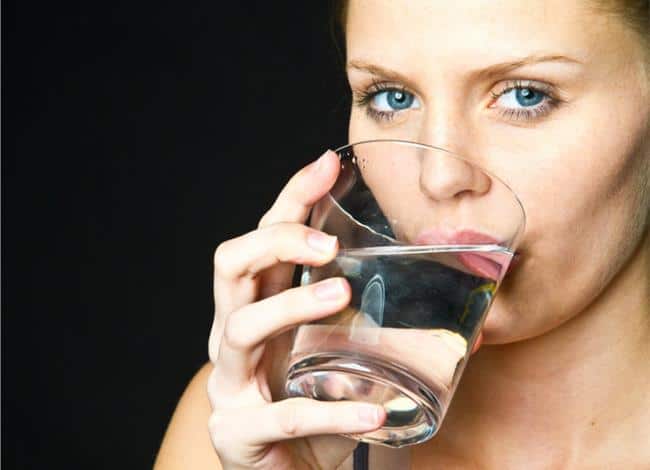
Around 40% of Americans drink less than 4 cups of water per day, according to a 2013 Chicago Tribune article. Only about 20% of Americans get more than 8 cups a day, which meets the general water recommendation for most people. Besides drinking more water throughout the day, drinking water with meals could help meet your recommended water intake.
So why would drinking liquids with meals be bad?
Some websites claim drinking water with meals or after meals may not be best because it can dilute stomach acid.
However, these claims have been debunked by many established health organizations. Another consideration for determining if drinking liquids with meals is good or bad is choosing the right liquid.
Drinking sugary drinks, like sodas, can just add extra calories to a meal.
Drinking water at mealtimes can help lower risk for constipation and could actually increase absorption of some nutrients.
Therefore, it is generally recommended to drink mainly water with meals.
Help meet your fluid intake
Fluid needs can vary depending on body size, muscle mass, gender, activity level, sweat rate, etc.
A general guideline for most adults is drinking 8 cups of water a day. That can be a good starting goal especially if you are like most Americans who don’t get enough daily fluids.
Drinking water throughout the day is important, but drinking at least a glass of water with meals can help you reach your fluid intake.
Prevent constipation
If you don’t drink enough fluids in general, a consequence can be increased risk of constipation especially if you also don’t get enough fiber. Drinking water at meal times can help soften food as it goes through the digestive process.
If food in the intestines gets too hard, constipation can occur. Drinking fluids with meals can help prevent this from happening.
Drinking enough water throughout the day and eating high fiber foods are two easy ways to help prevent or treat constipation.
If you suffer from constipation and don’t drink fluids at meals, start drinking more water at mealtimes.
Help absorb nutrients
Dr. Picco from Mayo Clinic (1) suggests drinking water and other liquids at meals can help increase nutrient absorption during digestion. Drinking liquids with foods can actually help break the food down which can help ease the digestion and absorption process.
Vitamins are generally classified into water or fat soluble nutrients. Eating foods high in water content and drinking liquids, preferably water, at meal times can help absorb water soluble nutrients without minimizing water stores in the body.
Other ways you may help absorb nutrients or ease the digestive process could be chewing your food thoroughly, eating slowly and not eating to the point of feeling stuffed.
If you are trying to lose weight, drinking a glass of water before a meal may help lower food intake at the meal.
What liquids should you drink with meals?
Ideally you should drink water with meals. To add variety or flavor, put in slices of oranges, lemons, limes, cucumbers or add some fresh herbs to water. This can also help you drink more water at other times of the day too.
What is not recommended is drinking sugary beverages with meals. It can be easy to overdo on calories when you are drinking sugary drinks because the human brain doesn’t do a good job of tracking calories from liquids.
Sodas, sports drinks, juices or flavored coffee drinks can add a lot of extra sugar and energy to a meal.
Artificially sweetened drinks may not contain any calories, but some research studies suggest they may increase our desire for sweet things. Artificial sweeteners may also alter gut bacteria in a non-beneficial way.
Helpful tips to keep in mind for drinking fluids with meals
There isn’t a firm guideline for how much water you should or shouldn’t drink at meal times. A general tip is to drink at least a glass of water, but drinking more than this could be helpful.
If you’re not used to drinking liquids with meals, it may seem awkward at first.
Start little by little adding more liquids and keep it to plain water.
Over time, as your body adapts to a higher fluid intake, you will start to want to naturally drink more water with meals.
Drinking fluids with meals can also help you slow down when you eat which may be helpful to regulate how much you eat. Eating slowly may be helpful for weight loss and maintenance.
If you are trying to force water down after you’re already full from a meal, wait until you feel more comfortable before drinking more water.
The goal is not to rush through a meal and drink water quickly; try to eat and drink slowly. Let your body guide you for how much to eat and drink.
You can always drink more water later if desired.
There may be some conditions where drinking liquids at meal times may not be recommended.
If you have a sensitive digestive tract or other digestive complication, speak with your health care team for individualized guidelines.
If you are not used to drinking liquids at meal times, keep your cup of water close to your plate. Try to take a sip of water in between bites or at another set increment until drinking liquids with meals feels more natural.
Conclusion
Most Americans have a hard time getting adequate fluids in throughout the day. Drinking fluids at meal times can help you reach your recommended fluid intake and can have other health benefits. Some websites suggest drinking fluids at meal times could somehow hinder the digestive process, but actually the opposite is true.
Drinking water with meals can help keep food soft through the digestive tract which can be helpful to lower risk for constipation. Drinking fluids with meals can also help increase nutrient absorption.
Drinking water is recommended at meals; avoid drinking sugary beverages. Sugary beverages add empty calories and sugar that can promote help weight gain.
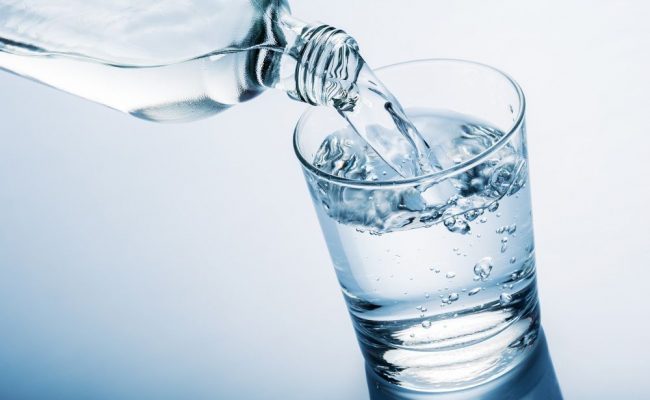
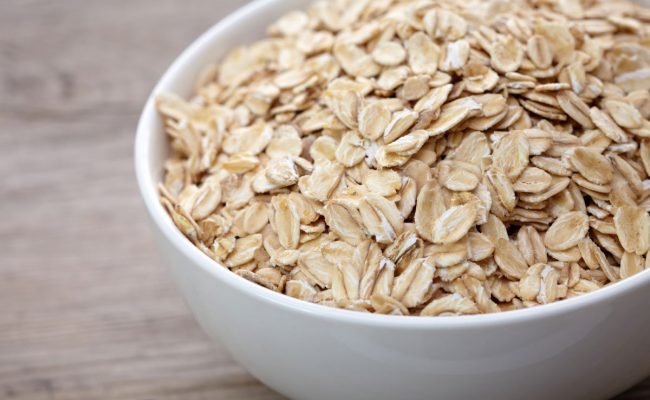
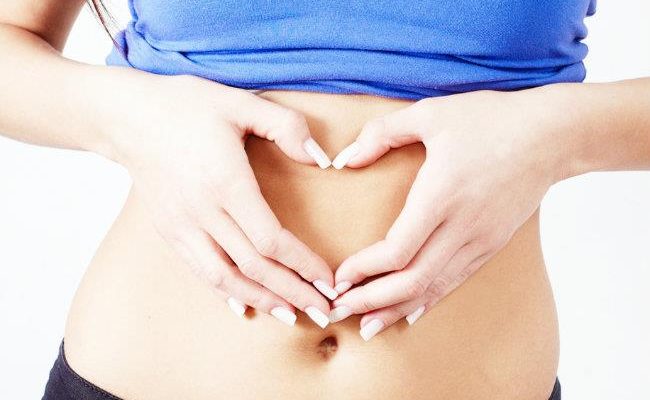

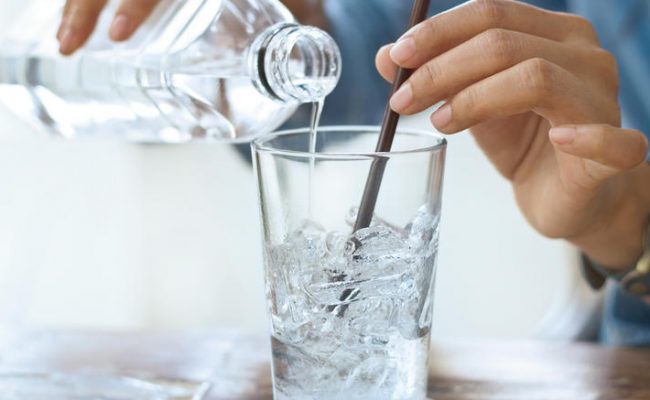



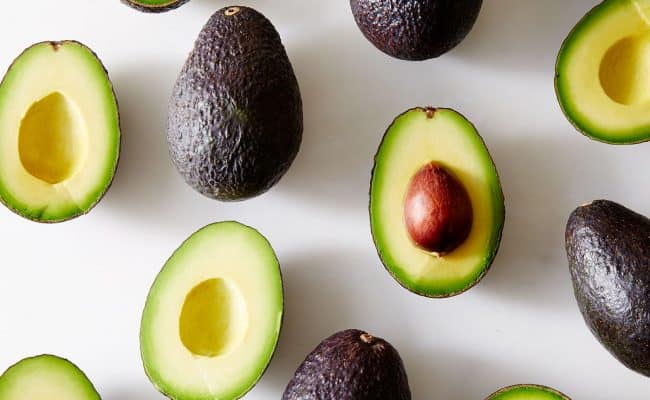


Joe Smith says
Not bad. Nice article.
boram choi says
In Korea, we’re still considering drinking water during meal time is bad.
After reading this article, I changed my thought. Nice article!